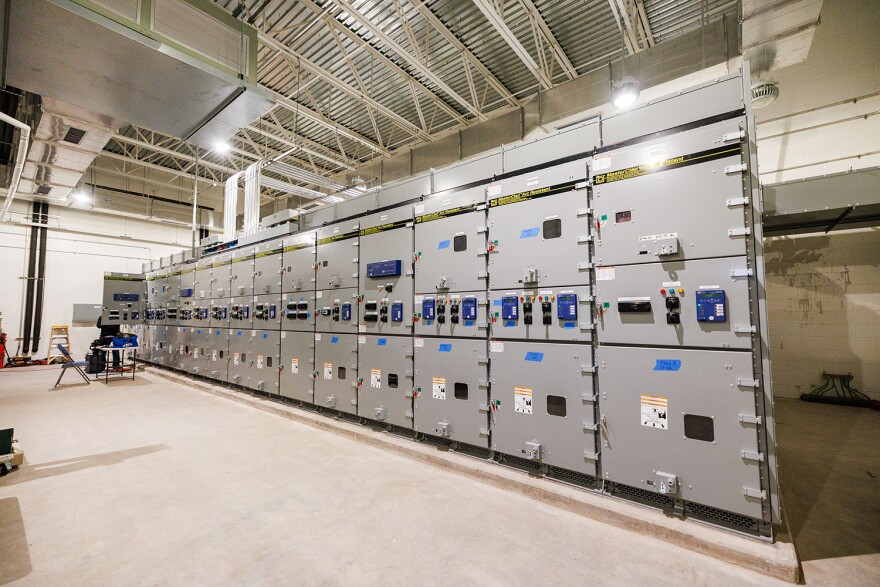It's taken 10 years, but a federal judge has finally released St. Petersburg from oversight of complying with a settlement over a major wastewater spill.
The ruling means the city has fulfilled the requirements to upgrade parts of its wastewater system and pipes. It came after a billion gallons of sewage was released beginning in 2016 — with about 200 million gallons finding its way into local waterways.
City officials said it has made the system more resilient than ever.
"This milestone reflects nearly 10 years of dedicated collaboration between our city team, the Florida Department of Environmental Protection, and environmental stakeholders," said John Palenchar, the city's water resources director, in a prepared statement. "We worked closely with the Suncoast Waterkeeper and their engineers throughout the compliance process to ensure transparency and accountability in our corrective measures.
ALSO READ: St. Petersburg working to keep wastewater plants open during the next hurricane
"Through significant infrastructure investments, operational enhancements, and system improvements, our wastewater system is stronger and more resilient than ever before. We are proud of our team's accomplishments and remain steadfast in our continuing commitment to protecting Tampa Bay and our community's environmental health."
Justin Bloom, who founded Suncoast Waterkeeper — which filed the lawsuit — praised the city for doing a lot of work that otherwise would not have happened.
"They worked really hard over the course of many years to get to the point where they've complied with all of the requirements in the settlement, and I think they're positioned well to address the future challenges of operating and maintaining a sewage treatment and collection system in a big, dynamic city like St Petersburg," Bloom said.

"It's not sexy to raise sewage rates and to cut ribbons at sewage treatment plants and lift station. Throughout Florida in the country, we've seen a failure to adequately maintain that type of environmental infrastructure."
He praised the city for meeting all the requirements in the settlement. But, he noted the spills during last year's hurricanes are a sign that may not be enough.
"So I think they're on a good path, but there's still going to be spills, there's still going to be overflows, there's still going to be failures, and that's the nature of any sewage system," Bloom said.
The city had to shut down two of its wastewater plants before rising waters entered them during the 2024 storms. That did not figure in this settlement.
But Bloom noted Waterkeeper has brought similar cases against Gulfport, Sarasota County, Largo, and most recently against Bradenton.
"We're still very much in the middle of that multi-year period after the settlement where we monitor the compliance with the settlement, and we're really in the middle of that with Bradenton," Bloom said.




